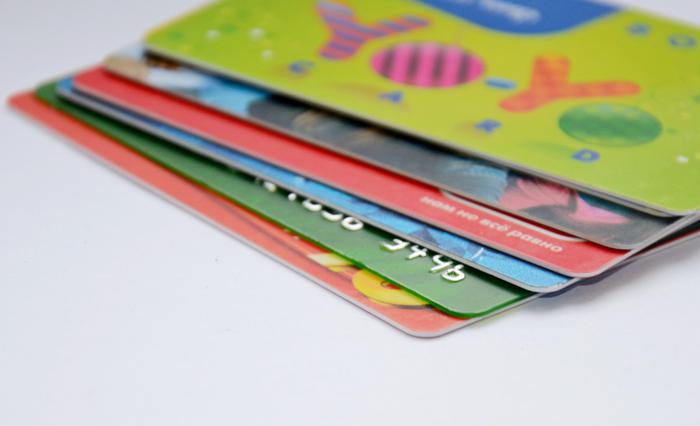Managing multiple credit cards from the same bank: Pros and cons

Many individuals use multiple credit cards to suit different spending needs.
While some prefer cards from various banks, others choose to hold multiple cards from the same institution.
This often happens when upgrading an old card but deciding to keep both for continued benefits.
However, before opting for multiple cards from one bank, understanding the advantages and potential risks is essential.
Here are the benefits of having multiple credit cards from one bank:
Maximized Rewards & Perks
Banks design different credit cards for various spending habits, such as travel, shopping, or dining. Holding two cards allows you to earn the highest rewards by using the right card for each purchase category. For instance, one card may offer premium travel perks, while another provides higher cashback on groceries.
Easier Management
Handling multiple cards from a single bank simplifies tracking and payments. Most banks provide a unified online platform where users can access statements, monitor transactions, and pay bills conveniently. This reduces the hassle of managing multiple accounts across different banks.
Higher Credit Limit & Better Credit Utilization
Owning multiple cards increases your total credit limit, which can lower your credit utilization ratio (CUR), a key factor in credit scores. A lower CUR improves financial credibility and enhances eligibility for future loans or financial products.
Exclusive Discounts & Offers
Many banks provide special promotions, cashback, and limited-time deals exclusively for their credit card users. Holding two different cards from the same bank increases access to a wider range of discounts across various spending categories.
Potential Risks and Considerations
Debt Accumulation
More credit availability can lead to excessive spending. Without proper budgeting, unpaid balances accumulate, attracting high interest and increasing financial strain.
Extra Annual Fees
Each card often comes with separate annual fees. If the additional card doesn’t provide significant value, maintaining both may not be cost-effective. Checking fee waivers for loyal customers can help reduce expenses.
Impact on Credit Score
Frequent credit card applications can lower credit scores due to hard inquiries. Additionally, delayed payments or high outstanding balances can negatively affect financial health. Setting up automatic payments prevents missed deadlines.
Experts advise monitoring statements and tracking expenses to ensure better control over spending. They recommend using bank alerts for payment reminders and transaction notifications. They also advise making at least the minimum payment on time to avoid penalties and interest charges.
Having multiple credit cards from the same bank can be advantageous when managed wisely. Responsible spending, timely payments, and understanding reward structures are key to maximizing benefits while maintaining financial stability.
Image from Pxhere (Free for commercial use / CC0 Public Domain)
Image Published on April 07, 2017
Image Reference: https://pxhere.com/en/photo/1382484









